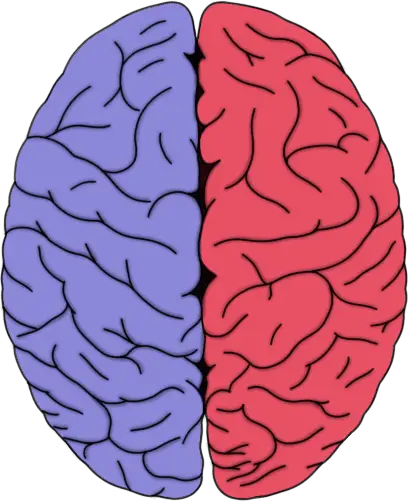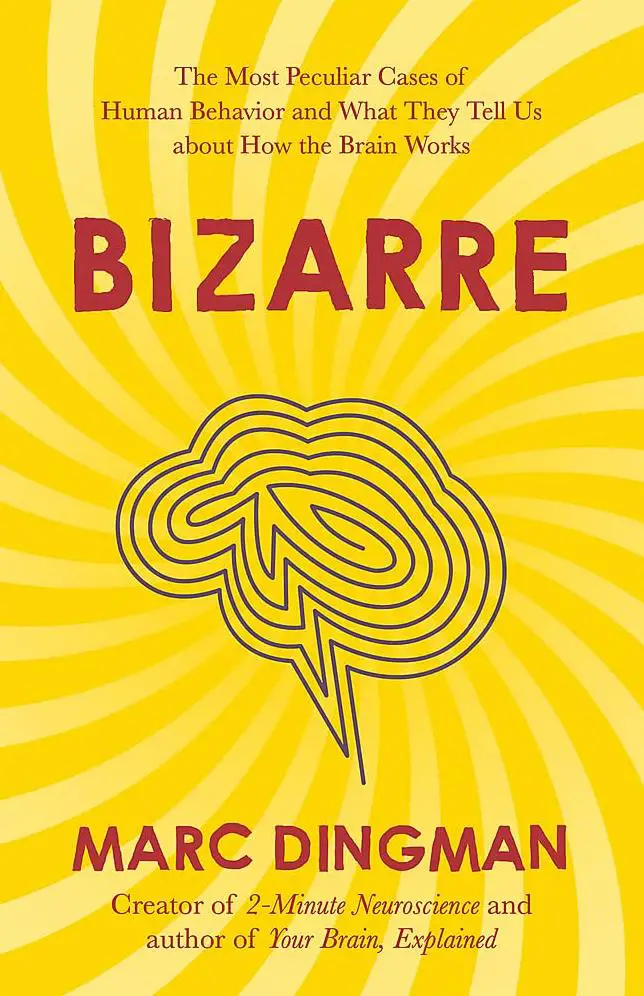Who's the Decider?
It’s too bad Benjamin Libet didn’t live another year. If he did he would have been able to see the first neuroimaging evidence to support what he found with an electroencephalogram (EEG) almost thirty years ago: what we consider our conscious decisions are preceded by unconscious neural activity, which seems to be the actual—as President Bush would say—decider.
Libet conducted his most influential experiment involving neural activity and conscious decision-making at the University of California, San Francisco, in 1979. While he measured their brain activity with EEG, he asked participants to carry out a simple motor task (like pressing a button) at their own volition during a period of time. How many times and when they completed the task was up to the participant, but Libet asked them to note exactly when they felt they had made the conscious decision to make the movement. He found there was significant stereotypical neural activity that preceded the conscious decision-making, indicating there may be unconscious processes at work in choosing to execute a motor task.
Libet’s study sparked a great deal of controversy, as some saw it as a denunciation of free will. And rightly so, as Libet himself suggested the only evidence in support of free will is our own assertion that it exists. His experiments appeared to show unconscious brain activity that preceded conscious choice, making the entire concept of “conscious choice” questionable.
A study published in Nature Neuroscience this week adds more ammo to the materialist’s belt. A group of researchers in Germany conducted a study very similar to Libet’s, but used functional MRI (fMRI) to measure brain activity instead of EEG. They analyzed the images with computer software developed to recognize specific patterns of neural activity, in this case those that anticipated the participants’ decisions to press the button.
Not only did the group find neural activity that preceded conscious choice, but using the computer programs they were able to predict what choice the participant would make—up to 7 seconds before they “decided” they had made it. The predictions were not perfect, but much better than chance.
The researchers assert that this study doesn’t exclude the existence of free will. Even Libet maintained that there was a role for consciousness in decision-making, not in initiating an act, but in the ability to suppress it. The authors of this study agree, indicating that the capacity to reverse a decision made by the unconscious brain—something they plan to investigate in the future—would support a type of free will.
Libet died in July of last year, unfortunately less than a year before current brain scanning technology caught up with his theories of the late 1970s.


